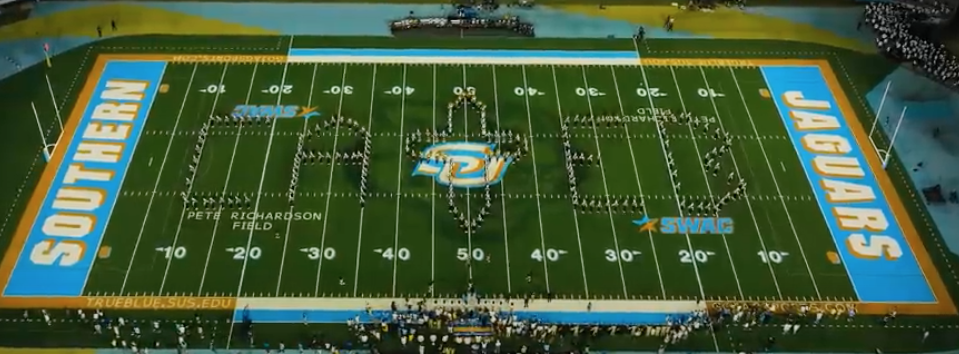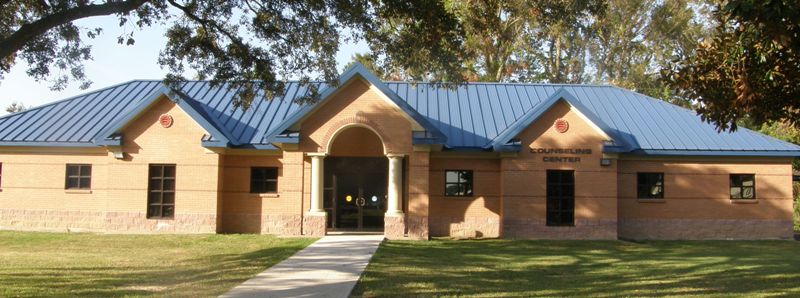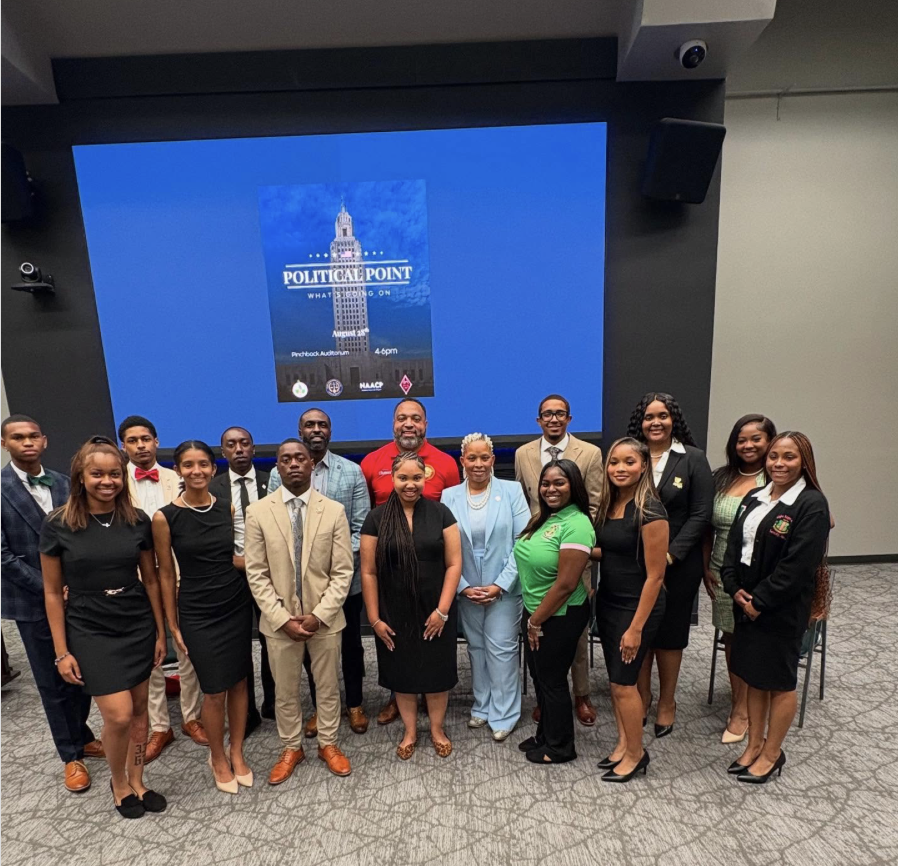NEW ORLEANS – Deborah Harris didn’t get to meet President Bush on Wednesday and she didn’t care. His visit to this city, not far from where she’s living in a trailer in the hurricane-devastated Lower 9th Ward, didn’t help her in any way, as far as she could tell.
“So what if the president’s here?” she said from the shell of a house she’s struggling to build nearly three years after Hurricane Katrina left the neighborhood in ruins. “Where’s the stores? Where are the schools for our children? Where are our homes?”
Bush spoke Wednesday afternoon at Jackson Barracks, a storm-damaged National Guard installation whose reconstruction is one of the biggest and most visible signs of progress on the main street connecting the Lower 9th Ward and St. Bernard Parish.
Other high points include elevated homes being built as part of actor Brad Pitt’s Make It Right project and a charter school.
Steering away from the thoroughfare, though, reveals side streets lined by lots overrun by tall weeds and grass. At one intersection, a traffic light flashes, but there’s no traffic for it to direct. Forsaken homes and businesses recall images from an apocalyptic movie.
Relatively few people have returned to the Lower 9th Ward, which was inundated by water after Katrina broke levees on Aug. 29, 2005.
Bush sounded an optimistic note. While acknowledging the considerable work that remains to bring New Orleans back, he also pointed to “hopeful progress” ‚ levee rebuilding, reconstruction of housing, educational reforms, among them ‚ that will lead to a “brighter day.”
“There’s still work to be done. This isn’t like a farewell address,” Bush told a friendly audience that included a who’s who list from the governor to the mayor to a corruption-fighting U.S. attorney in the New Orleans area. ” … But I do think it’s important to take stock of the moment and to remind people how far this community has come.”
Bush said the federal government has committed more than $126 billion for disaster response and recovery along the Gulf Coast. That money, he said, is mainly in state and local hands.
Jackson Barracks is to receive more than $244 million for reconstruction and repairs, with additional funds set aside to help create housing for soldiers, according to the state.
U.S. Sen. Mary Landrieu, D-La., in a statement, said the administration pressured the House of Representatives to drop $15 million for the site, along with a suite of other disaster-aid proposals that had been tacked to a war-spending bill.
She urged Bush to “listen to the voices of Louisiana from this visit and be ready to work with our delegation” on a range of recovery needs.
The White House said Wednesday’s visit was the president’s 17th to the region since Katrina.
He traveled to Gulfport, Miss., later Wednesday evening before returning to his Texas ranch.
“I wish he could entice some neighbors to come back,” 78-year-old Jim Parks said, hours before Bush’s arrival.
Parks and his wife, Donna, lived in a government-issued trailer for nearly two years before they finished rebuilding their Gulfport home a year ago. Parks counts at least 30 neighborhood homes that haven’t been rebuilt.
Parks blames red tape and haggling between federal and local officials for the slow pace of rebuilding. He swears he’s not joking when he says he wishes Wal-Mart, not the Federal Emergency Management Agency, had been left in charge of the region’s recovery.
“FEMA is about as incompetent as anybody can get,” he said. “I think that’s really hampered things.”
The president’s speech to community leaders on the Mississippi Gulf Coast was similar to the one in New Orleans. Bush said he was amazed at the progress there since Hurricane Katrina.
“Are people still wondering about their future? Absolutely. You still have other issues to deal with, but things are better here on the Gulf Coast of Mississippi,” he said.
The Jackson Barracks complex he visited earlier is near New Orleans’ boundary with the St. Bernard community of Arabi. Bush has been to St. Bernard Parish at least once since the storm wiped out the community, though he did not plan a stop there Wednesday.
“Puddin'” Pineiro, who lives in a federal issued trailer outside a house her family is slowly rebuilding, gives Bush credit for making the visit.
“I guess he’s trying.”
But she says she feels largely forgotten by the government. And for her and others, recovery is an at-times painful, day-by-day process.
She didn’t see the president’s speech, but offered Bush some advice on getting the true picture of recovery: “Come live here for six months. Put himself actually in our shoes, without all the glitz and glamour and security. Live like a real person.”
Categories:
Bush upbeat on visit to recovering Gulf Coast
August 28, 2008
0
More to Discover





